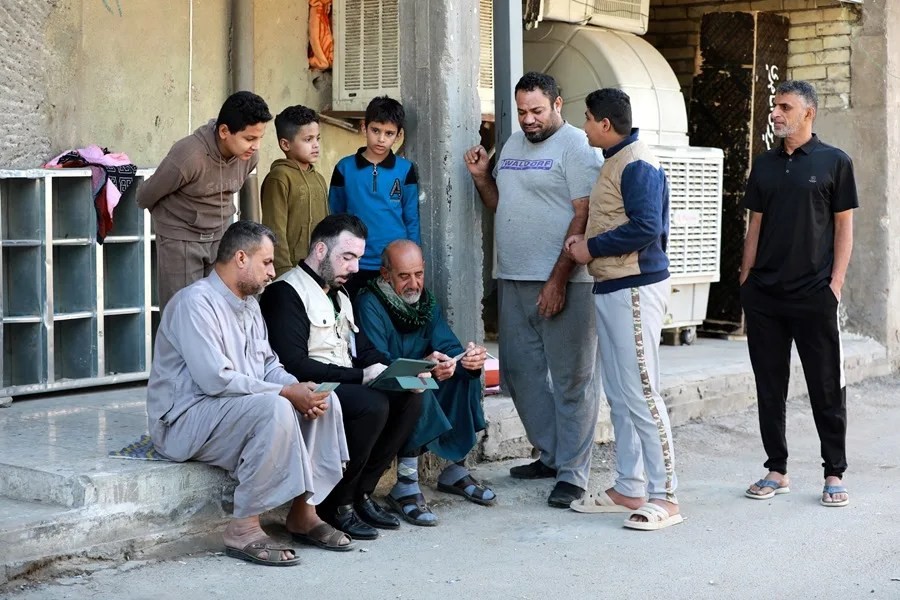Iraq’s Sixth Parliamentary Elections Expose Political Fragmentation and Security Failures
Iraq holds its sixth parliamentary elections since Saddam Hussein, but violence, factionalism, and voter apathy reveal deep-rooted problems threatening regional stability and America’s strategic interests.

On Tuesday, Iraq held its sixth parliamentary elections since the fall of Saddam Hussein more than two decades ago. With roughly 20 million eligible voters competing for 329 legislative seats, the vote painted a stark picture of political fragmentation and security vulnerabilities that continue to plague the nation. While the world watches, these developments bear direct implications for America’s strategic posture in the Middle East.
Can Iraq Overcome Sectarian Divides and Security Chaos?
The polls opened amid heavy security measures that failed to prevent deadly violence. In Kirkuk, clashes escalated into an armed attack where two emergency police officers were killed by a candidate’s security team. Fourteen individuals were detained immediately, but this incident underscores a troubling pattern: political contests too often devolve into sectarian and armed confrontations rather than democratic processes rooted in sovereignty and law.
This election illustrates the ongoing dominance of sectarian blocks—Shiite majority, Sunni minority (once represented by Saddam Hussein), and Kurds from the semi-autonomous north—entrenching ethnic divisions instead of fostering national unity. The electoral system’s reliance on power-sharing among these groups perpetuates government gridlock and undermines accountable governance.
Why Does Voter Disillusionment Threaten Iraq—and U.S. Interests?
Public indifference is palpable. Young Iraqis especially express skepticism about real change emerging from elections dominated by entrenched factions aligned with foreign interests such as Iran. The boycott called by influential Shiite cleric Muqtada al-Sadr further depresses participation rates among millions who once looked to him for reform.
This turmoil is not isolated. Instability in Iraq directly affects American security priorities, including counterterrorism efforts and curbing Iranian influence—a mission central to America First principles safeguarding our national sovereignty abroad. When Iraqi politics descend into chaos or proxy conflicts, it emboldens hostile actors threatening regional peace and fuels migration crises impacting U.S. borders.
Iraq’s Prime Minister Mohamed Shia Al Sudani touted a peaceful transfer of power despite these challenges, yet moments like Kirkuk’s lethal clash reveal the cracks beneath official statements. Genuine stability requires dismantling militia control over politics, ending foreign interference, and promoting transparent institutions aligned with national—not sectarian—interests.
For Americans committed to freedom’s cause worldwide, supporting Iraqi sovereignty means demanding accountability from both local leaders and international stakeholders who undermine it. How long can Washington afford to overlook these warning signs while professing support for democracy?
